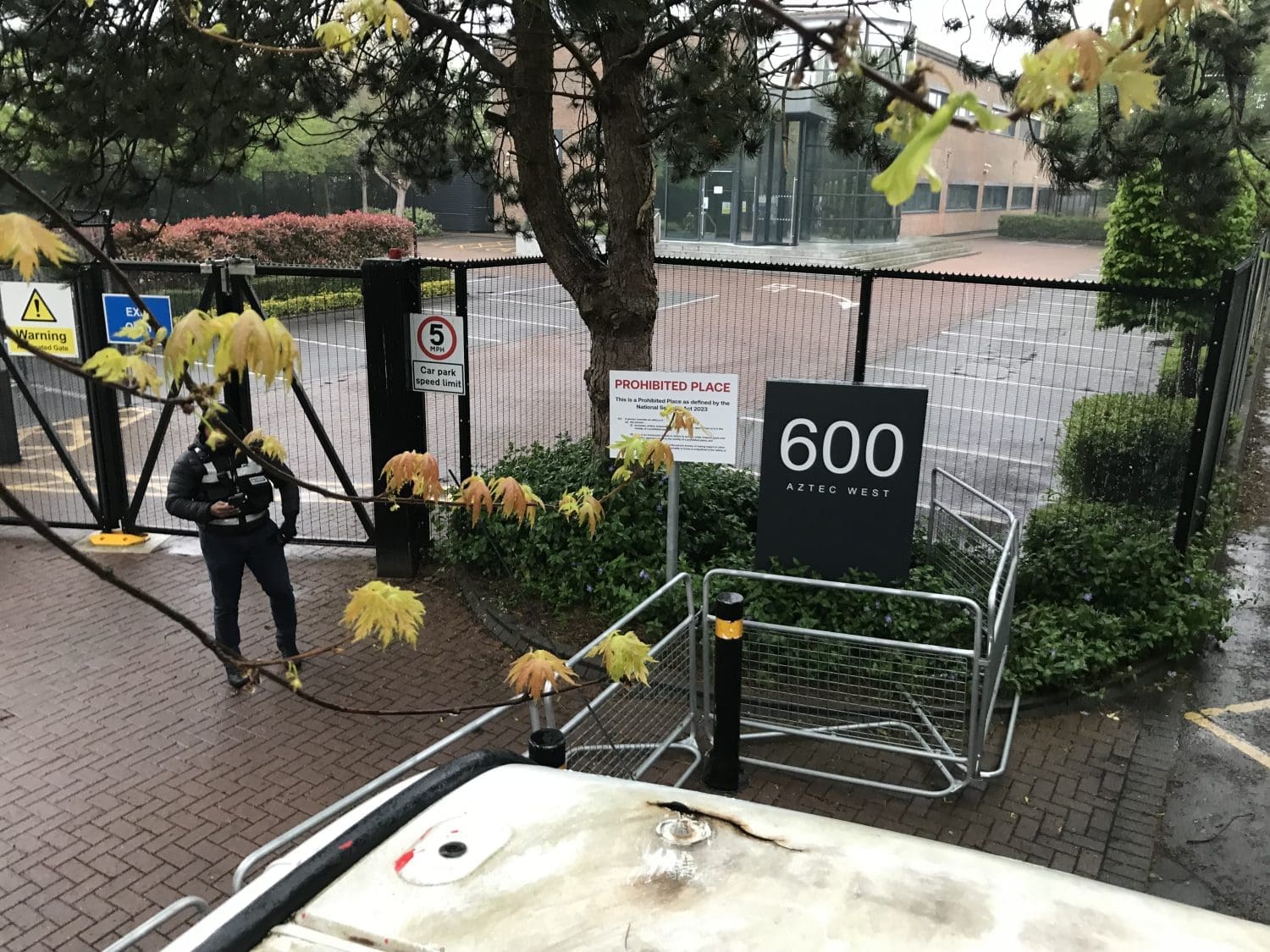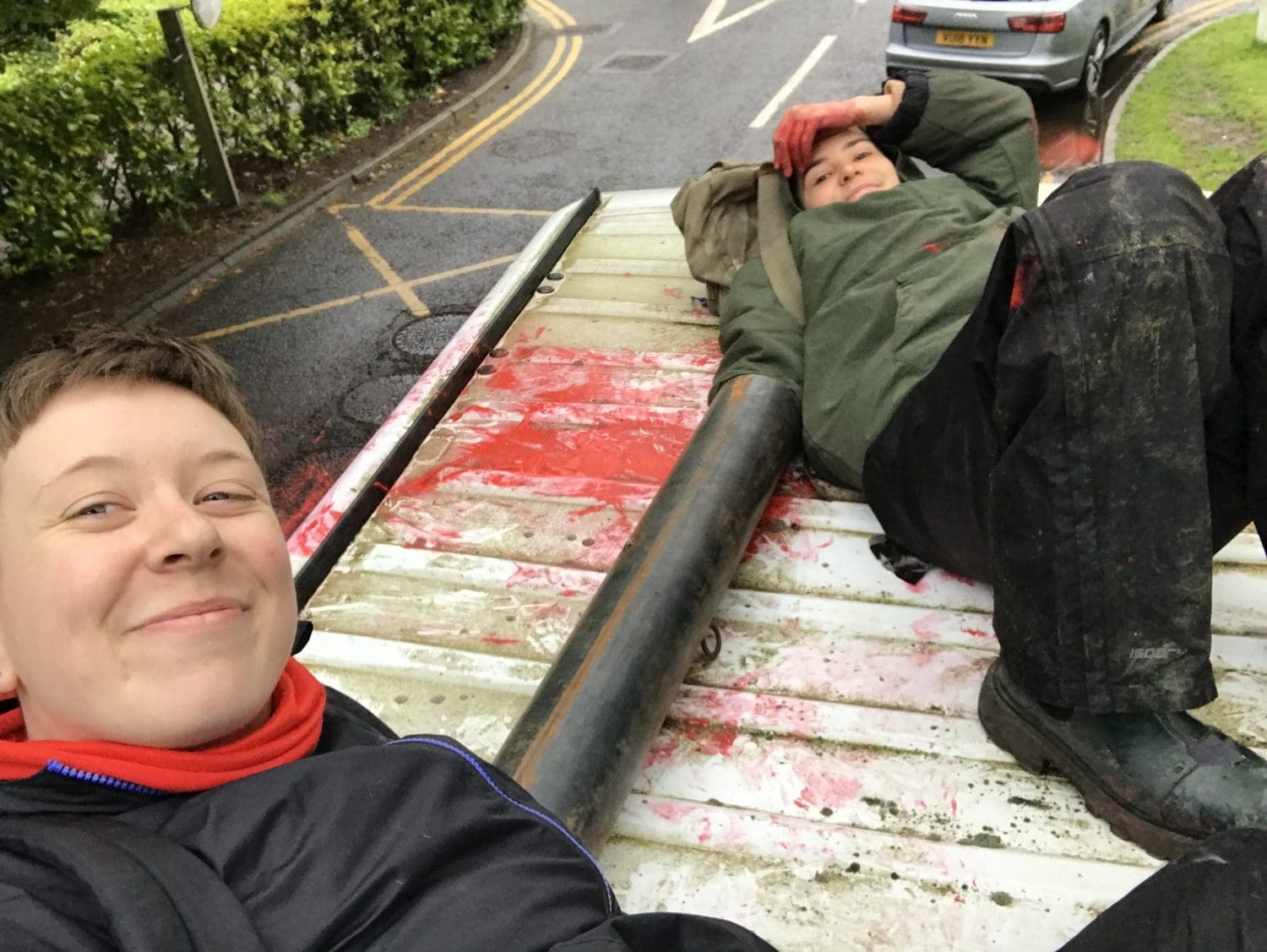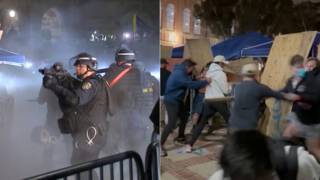This weekend the final of the Eurovision Song Contest is set to go ahead, where representatives from 26 countries will compete. Up to 30,000 protestors are expected to demonstrate against Israel’s participation in the competition.
As of 9 May, the death toll of Palestinians has passed 34,000 – that’s not including the likely thousands more buried underneath rubble. Even more mass graves continue to be discovered daily, with the latest at Al Shifa hospital.
Israel has caused such devastation that it’s been accused of war crimes. In fact, a new report alleges that as Israel relies so heavily on US arms “the Biden administration may have acted in violation of not just international law, but its own regulations.”
Western colonialism being what it is, sounds like the perfect time to include Israel in a singing competition.
Protests ongoing
Heavily armed police patrol the city of Malmo in Sweden, where the final will take place. Since October, pro-Palestinian rallies have been a regular occurrence in Malmo, which is home to the majority of Sweden’s population of Palestinian origin.
Eurovision organisers have banned all flags other than those of the participating countries inside the arena, as well as all banners with a political message.
Of course, it’s one rule for dead brown people, and other for dead white people.
When Russia invaded Ukraine, Eurovision promptly banned them from competing. This came amidst waves of rejection of Russian culture, and official sanctions that underscored the devastation Russia has wrought in Ukraine.
No matter what officials say, we refuse to ignore Israel’s cruel and callous siege against Palestine. One commenter said:
The booing at the Eurovision isn’t a surprise, what Israel is doing is really fucking unpopular in a lot of the world, and despite what western leaders do, and the propaganda Israel spouts it isn’t going away, suck it up, public opinion says free Palestine
— LINA (@agirlcalledlina) May 8, 2024
Another person pointed out how laughable Eurovision’s attempt at keeping politics out was:
EBU:
*boots Russia out*
*promotes waving of Ukrainian flags*
*modifies logo to include blue and yellow*Also EBU:
*allows Israel to compete*
*bans any display of solidarity with Palestine*Still EBU:
“WE ARE KEEPING POLITICAL MESSAGES OUT OF EUROVISION.” https://t.co/X1eNbd09CM
— Fancy Brenda
(they/she) (@SpillerOfTea) May 9, 2024
Remember, if it’s white people and white-majority societies that are being destroyed, then it’s a matter of basic humanity. If it’s brown Muslims being bombed, that’s called ‘politics.’
Former Eurovision contestant Eric Saade performed at an official event this week, and shocked organisers with his ‘politics.’ Saade, who is both Swedish and Palestinian, wore a keffiyeh on his wrist during a live performance. The organisers of Eurovision, European Broadcasting Union, released a statement saying:
All performers are made aware of the rules of the contest, and we regret that Eric Saade chose to compromise the non-political nature of the event.
Are we supposed to swallow this bullshit?
How exactly is it political for Saade – a Palestinian! – to wear a traditionally Palestinian symbol on his wrist? Is it political to see videos of dead children flooding our timelines for months, and to object to the killing of said children? Does ‘political’ mean non-responsive? To have no reaction to genocide?
Plenty of folks have been sharing Saade’s performance which seems to have been taken down from official Eurovision platforms:
Eric Saade full performance at eurovision that they removed from all social media because he is a Palestinian wearing a keffiyeh. pic.twitter.com/Tx6YiqymtU
— Sitoz
(@sitoz_) May 7, 2024
‘Politics is everywhere’
In fact, for the artists representing Ukraine, “politics is everywhere”. Ukrainian rapper Aliona Savranenko, known by her artist name alyona alyona, told Agence France-Presse (AFP):
Culture is a part of politics, so every song is political.
Magnus Bormark, who is competing for Norway, told AFP:
There should be demonstrations, people should voice their opinions, people should boycott.
Eight other contestants have publicly called for a lasting ceasefire in Gaza, including Ireland’s entry Bambie Thug. The Irish Times reported that:
As part of their stage costume, Bambie had Ogham script written on their face and legs. Some of the writing was about the conflict in Gaza, with script spelling out “Ceasefire” and “Freedom for Palestine”.
Speaking at a press conference in Malmo, Sweden, after the semi-final, the artist said they changed the initial Ogham that they had written due to a request from the European Broadcasting Union.
One commenter was glad of Bambie’s protest:
I genuinely think Bambie Thug was out for this, no one would notice or be able to understand the Oghan alphabet outside of Ireland, but now that the EBU has spoken out against it – it becomes the subject of attention to the press, thus making Bambie's activism successful. https://t.co/cMrCLfaquQ
— luuktelk
(@escluuk) May 8, 2024
Another person recalled how the inclusion of the Ukrainian orchestra at last year’s Eurovision was a stark contrast to the censoring of Palestinians and protection of Israel:
everything kalush orchestra were allowed to say & how celebrated their participation was contrasted with eric saade and bambie thug being censored for wearing a piece of cloth and having writtings in an ancient language no one understands really puts things into perspective
— stella
(@stylialou) May 8, 2024
Clearly, the more Eurovision dig their heels in about this, the more they’re making sure that artists, attendees, and protestors make their opposition to genocide known.
Upcoming weekend
Security checks have been stepped up, in particular for access to the various sites, where bags will mostly be prohibited. The police presence has also been strengthened, with reinforcements coming from Norway and Denmark.
Of course, wherever there’s shitty moral decisions being made, piggy cops are there snuffling around for any opportunity to suppress dissent.
As the final starts at 9:00 pm (1900 GMT) on Saturday, activists will be organising the first edition of Falastinvision in solidarity with the Palestinian people. It feels apt to end this article with the testimony of Motassem Salah, director of the Palestinian health ministry’s emergency operations centre, who said:
Some of these bodies were found in pieces, some of these bodies were found without heads.
Any cursory look at footage filmed by Palestinian journalists shows heads, detached limbs, bodies of children that died with tears on their faces, families carrying the broken remains of their loved ones.
A mediocre singing contest isn’t all fun and games when they’re inviting Israel to the party.
Palestinians are the ones having their homes destroyed, being killed by carpet bombing, and Eurovision wants to not be ‘political’?
They can absolutely get fucked.
Additional reporting by Agence France-Presse
Featured image by Unsplash/Nikolas Gannon
By The Canary
This post was originally published on Canary.





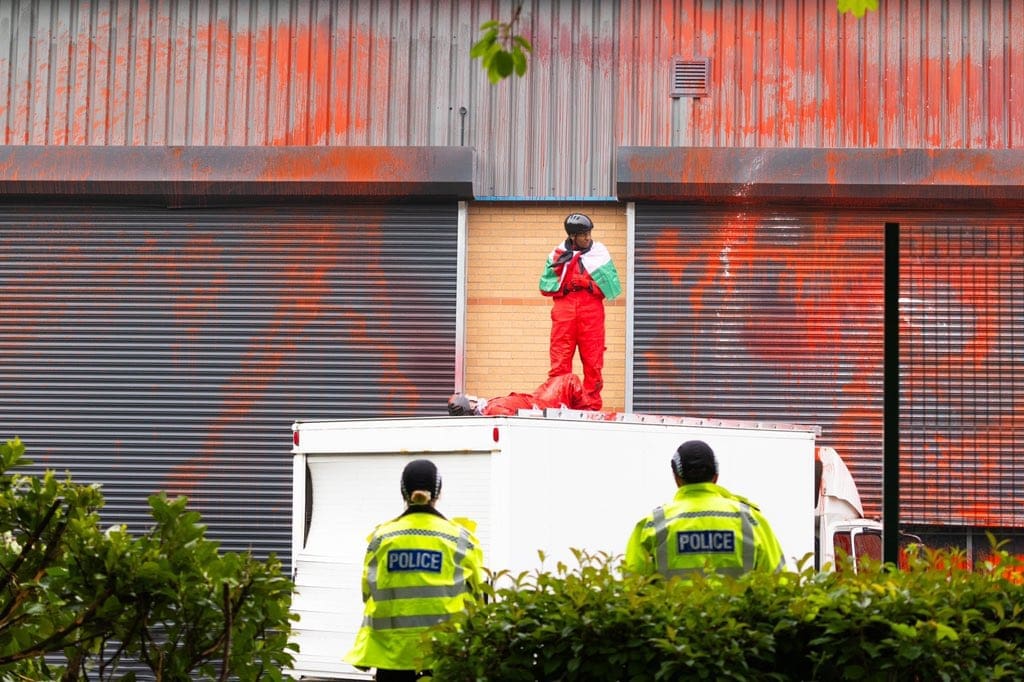
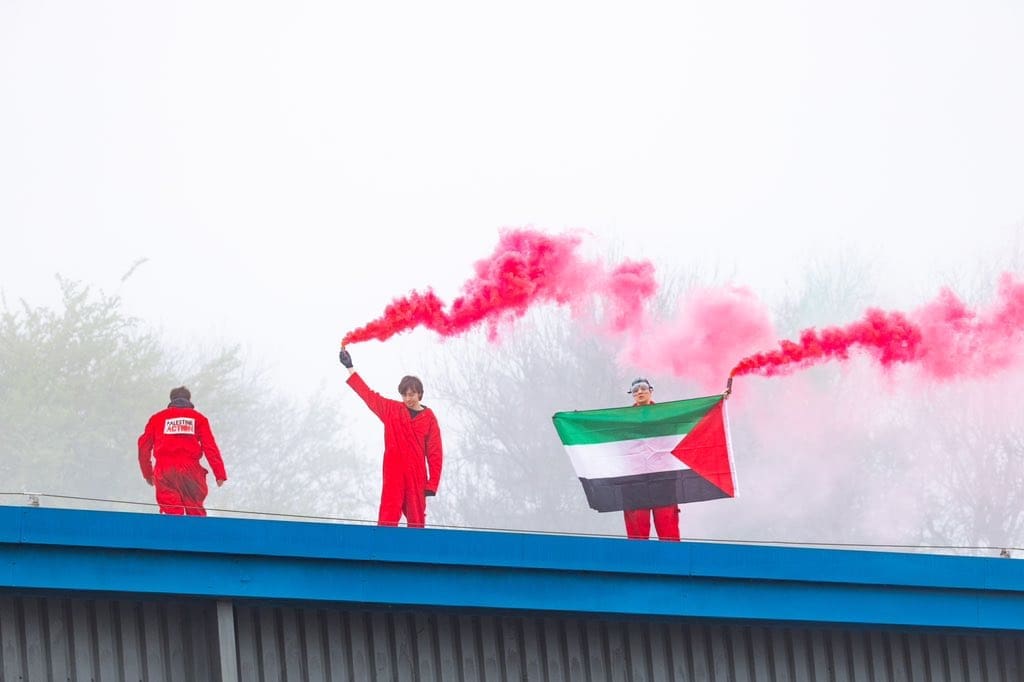


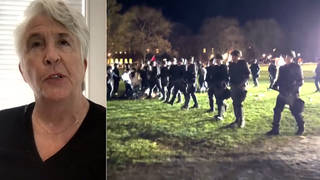




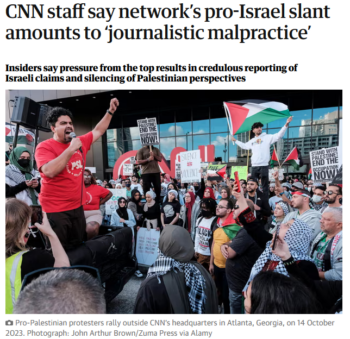




 (@ac_kristo)
(@ac_kristo) 